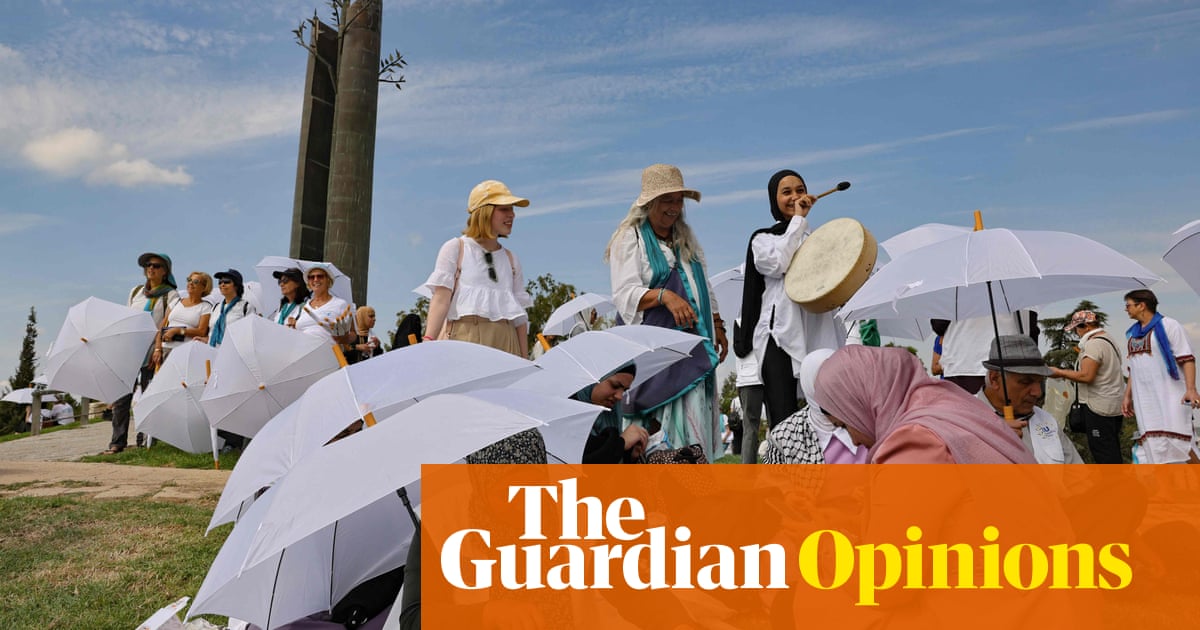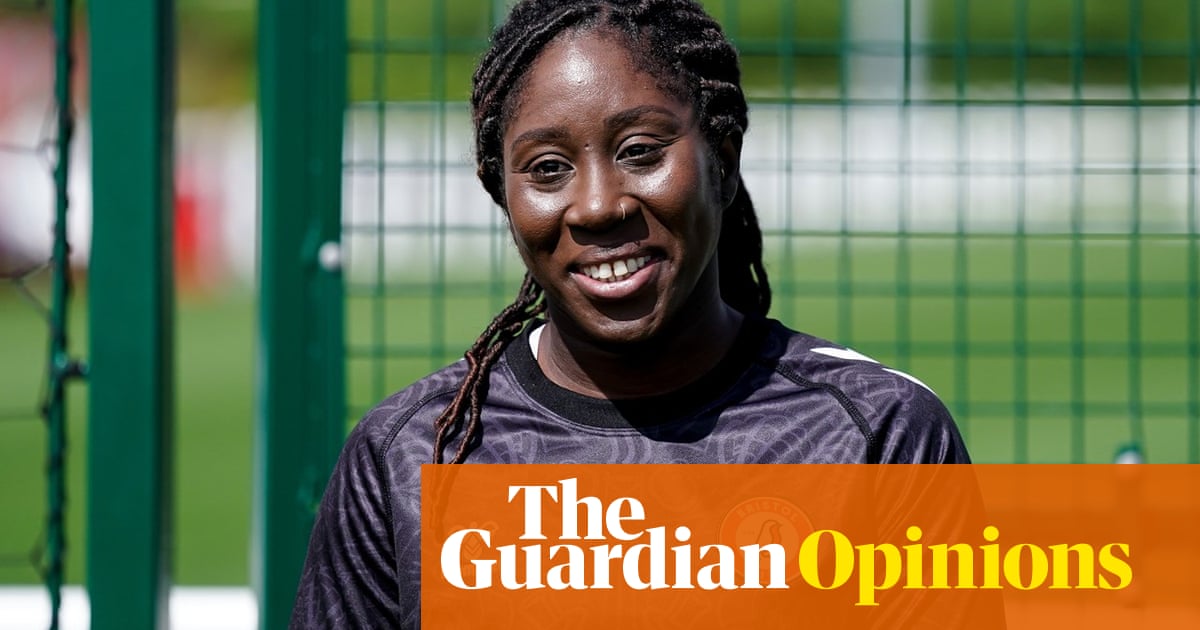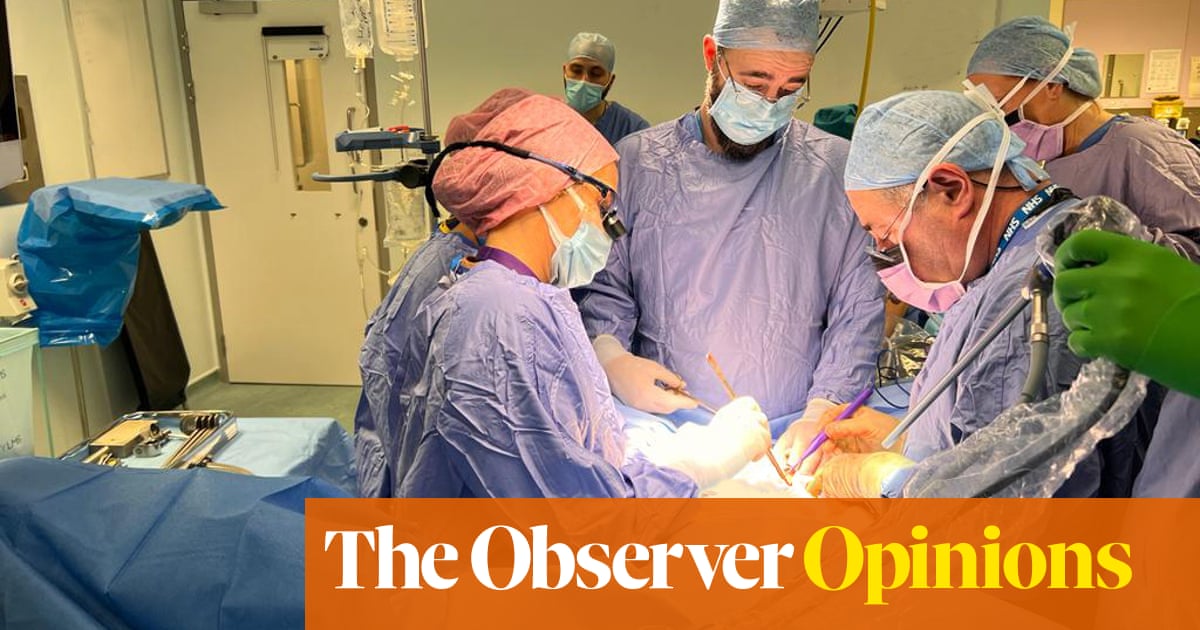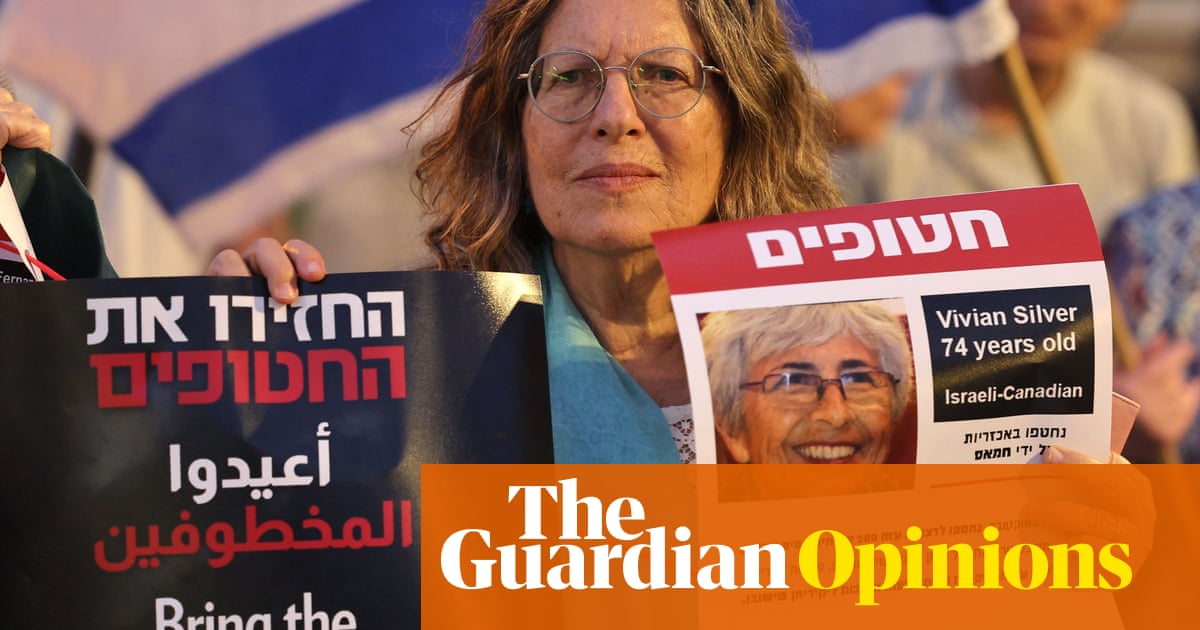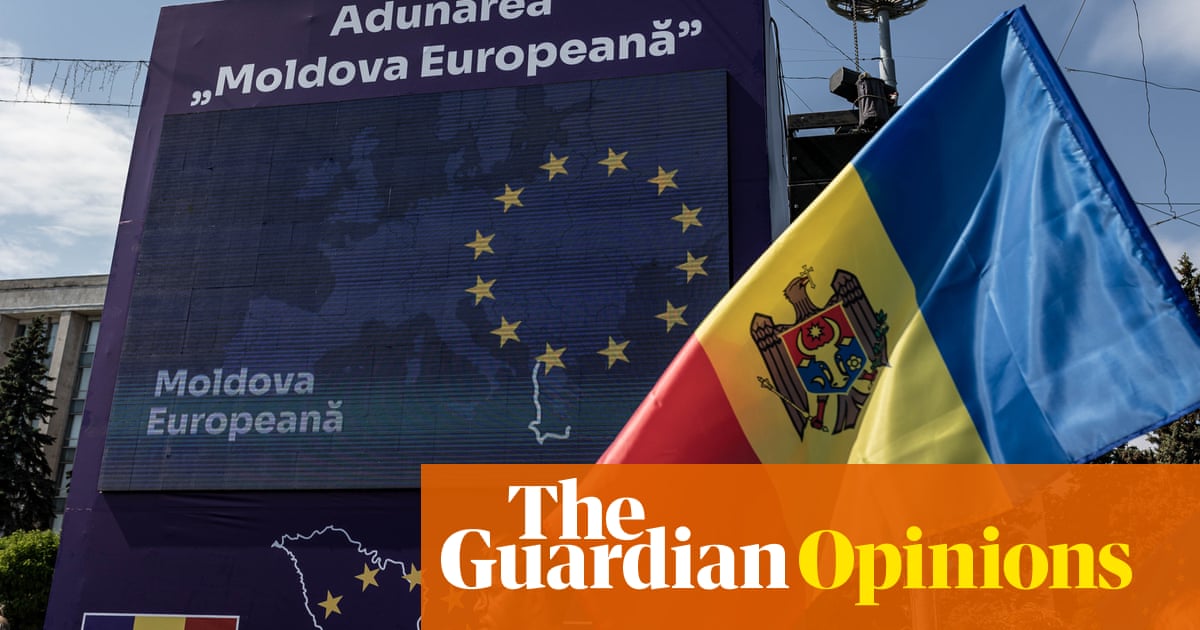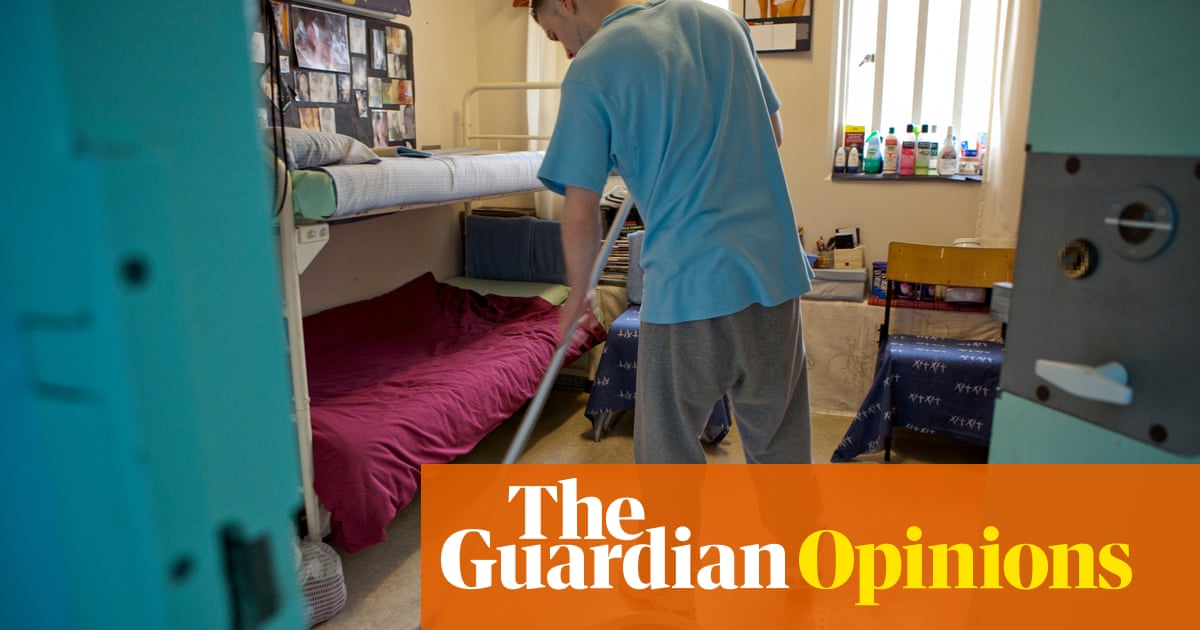
When three little girls, Bebe King, Elsie Dot Stancombe and Alice da Silva Aguiar, were so callously killed in Southport last week, I – along with the entire country – was sickened and shaken to the core. But there was no time for their families to grieve in peace, or space for the solidarity that arises from a period of national sorrow. Instead, the tragedy was violently hijacked by far-right thugs on the basis of flagrant lies, emerging from a climate of Islamophobia and racist, divisive rhetoric that has always been a threat to us all.
Over the past week, my mobile phone has been pinging with messages conveying anxiety and fear from family, friends and colleagues. Clips have been circulating of Muslim businesses torched, ethnic minority members of the public being attacked and chants of “Pakis out” at passersby on the streets.
An American Pakistani friend asked whether her family should cancel their flight to London. A friend’s law firm, which represents asylum seekers, was on a list of supposed “targets”. My brother, a GP, decided not to do a home visit in a deprived white area for fear of attack by far-right sympathisers. While others are defiant and refusing disruption to their daily routines, I am bitter and resentful about how many people’s lives now have to be approached with caution, and how safety is now a consideration for everyday, often trivial decisions. All of this because of extremist fearmongering.
I have been watching the news incessantly. I can’t switch off because it is all so painfully, exhaustingly personal. When Zarah Sultana, an MP and an Asian Muslim woman like me, was derided, interrupted and gaslit while pointing out the reality of Islamophobia to an all-white panel of hosts on Good Morning Britain this week, it was like our experiences were being undermined. Even the dead couldn’t lie in peace: Muslim graves in Burnley were daubed with paint, and I felt it could have been my own father’s grave that was desecrated. When a black care worker’s car was torched, it was all frighteningly close to home.
It’s not as if I, or others like me, haven’t faced instances of racism before. I was first called a “Paki” at the age of five, as a teen told to “go back to your own country”, and as an adult was taunted while riding a London bus by an intoxicated passenger: “You Muslims, I’m going to kill you.” But I could brush these off as isolated, even innocuous, incidents in a largely peaceful life. Through the years, I have learned to scoff at the occasional passive-aggressive look from strangers to remind me of my “otherness”. But nothing has shaken me as much as the levels of violence seen during these terrifying riots; scenes that for many people older than me will trigger unsettling memories of the racist attacks of the 1970s and 80s.
I am not alone by any means. It’s not only minorities that feel this way: everyone is scared to some degree, everyone feels attacked because, and I cannot stress this enough, far-right extremism is a threat to us all. A threat to our way of life, our peace and safety, and to the thriving diversity that I still believe Britain is the beacon of – despite the divisive forces that seek to destroy it.
The fascists have done one constructive thing: an abundance of goodwill and solidarity has come to the fore as different communities have united to defy their racism and thuggery. In Southport, the mess they left brought people on to the streets to clean up after the attack on a mosque; in Liverpool, an imam launched a crowdfunder to help repair the local library and buildings damaged by riots; and people are now willing to unite to fight against racism even more tenaciously.
I was moved to tears by the beautiful solidarity on display across the country as thousands of people voiced their unity against hate in large anti-racism demonstrations on Wednesday evening. Gathering to protect their local communities and places rumoured to be targeted by the far right – who were barely to be seen – they held aloft placards that read “Nans Against Nazis”, “Refugees welcome” and “This is what community looks like”. The people of Britain sent a clear and strong message – there is no place for fascism in our country.
Such demonstrations are a testament to a resilient community spirit. Yet until we see a marked change in public and political discourse that challenges the insidious rhetoric of division and racism in all its forms, until we see accountability for those inciting hate and spreading lies, and until we address institutional racism, the danger of far-right extremism will not be suppressed. It will continue to drip-feed from the top down and manifest in ugliness on our streets and in our society, negatively affecting all British lives.
We each have a role to play: politicians, the media, leaders, philanthropists and all members of local communities have the agency to define the political climate through the power of togetherness, through truth-telling, through investment and the celebration of diversity in every field.
How long the scars of this violence will last, and how more organised or underground these extreme groups will become, remains to be seen. But challenging the discourse, and protecting and building a society where everyone feels they belong, is a continual process that we can all lend our hands to.
Remona Aly is a journalist and broadcaster with a focus on faith and lifestyle




